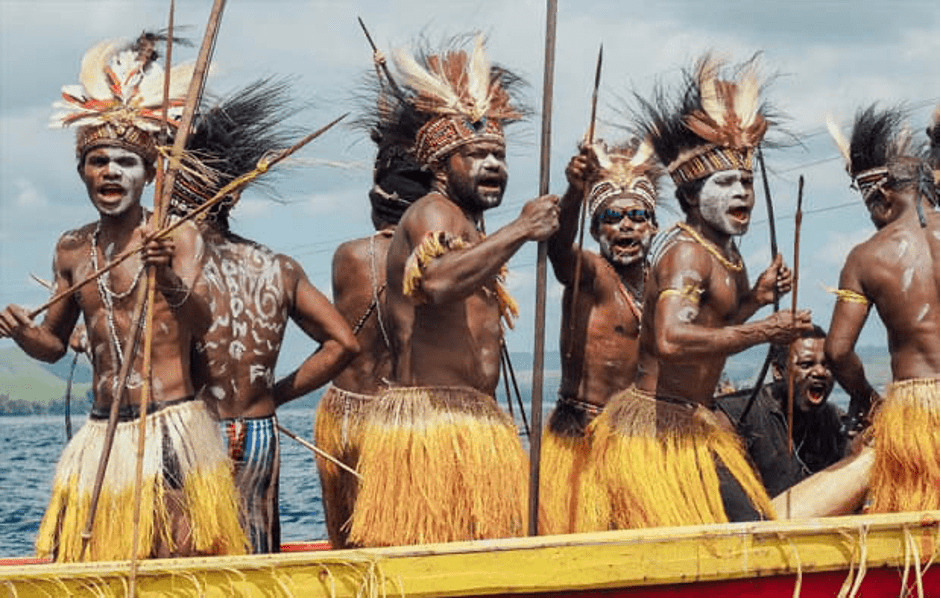WEST PAPUA – The Werur Papua Customary Law Community has local wisdom that plays a role in preserving the environment and as an effort to develop and strengthen customary territorial institutions, the Werur Customary Law Community in Bikar District, Tambrauw Regency, Southwest Papua, held a technical consultation regarding the improvement of the Byak Karon customary regulation text, especially regarding Community Based Fisheries Management, and this consultation activity was held in Sorong, Southwest Papua, in this consultation activity the Nusantara Nature Conservation Foundation also supported this activity.
The Byak Karon tribe is a community of the Werur Customary Law Community that has been recognized by the Government through Tambrauw Regent Regulation No. 12/2019 concerning Recognition and Protection of the Werur Customary Law Community, Bikar District, in the Management of Coastal and Marine Resources Based on Customary Law of Tambrauw Regency.
The regulation is strengthened by the West Papua Provincial Regulation No. 3/2022 on the Regional Spatial Plan of West Papua Province 2022-2041, which accommodates the Werur Customary Law Community-based marine area management area into the existing spatial utilization.
“Strategic formulations and collaborative efforts are needed to develop and strengthen customary rules after the establishment of the Werur Customary Law Community, this consultation involves the three Tungku components, namely the Customary Council, Village Government, and Religious Management in the Werur Customary Law Community area to obtain input and suggestions regarding the improvement of the Byak Karon customary regulation text,” said the Chairman of the Byak Karon Tribal Customary Council, Junus Rumansara.
This series of technical consultations is expected to improve the Byak Karon customary regulation text from the aspects of institutional governance, technical application of rules, application of sanctions, customary justice, and anticipation of community and coastal vulnerability due to climate change impacts.
Indigenous Peoples have long lived in harmony with nature through all the customary rules that apply in their lives and including for the Werur Indigenous People who live in the coastal areas of Southwest Papua.
Lukas Rumetna, Senior Manager of the Bird’s Head Seascape of the Nusantara Nature Conservation Foundation, explained that one of the main activities carried out by the Nusantara Nature Conservation Foundation in the Bird’s Head Seascape (BLKB), Southwest Papua, is assistance in community-based marine and fisheries resource management through institutional strengthening of customary councils and their management units. The assistance effort is in line with the needs of the Customary Law Community in realizing collaborative and independent management accommodated in the customary regulation text. In addition to this customary regulation, fisheries resource utilization practices are also strengthened through the implementation of a zoning system, among others:
- Protected Zone (fish saving area),
- Limited Utilization Zone (marine tourism area and customary fishing area),
- Sasi Zone (Sasisen area).
The practice of monitoring these zones is supported by the Farus Sem Community Supervisory Group (Pokmaswas) who are the local Manwaren (Customary Police). Customary regulations for Indigenous Peoples are expected to strengthen self-management efforts by the Werur Indigenous Peoples, strengthen the management institutions of Indigenous Peoples, protect important habitats of fisheries and marine resources, strengthen the management of territorial rights-based marine protected areas, improve community livelihoods, and become a medium for monitoring, evaluation and learning functions.


